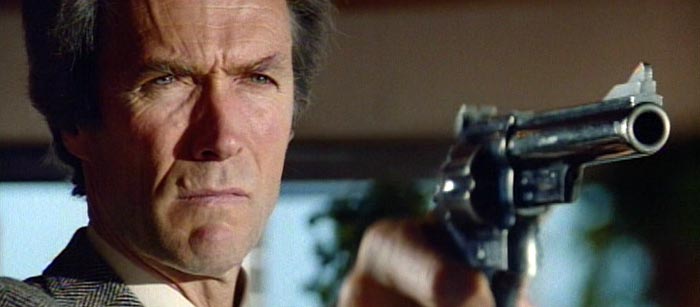Plenty of people have been known to embellish an oft-told tale at one time or another. But letting the facts get in the way of a good story doesn't cut it when you have millions of viewers who place their trust in you. Brian Williams either "mis-remembered" and "conflated" essential information (as he claims) - or hubris led him to think that he could get away with telling something other than the truth. That's what the internal investigation at NBC News will try to nail down.
For now, Williams has made his first right move in this mess by taking himself off the air. Good crisis management demands that the person at the center of the storm apologize, and then take him or herself out of the spotlight, as Williams has now done. Sadly, no matter what the investigation finds, Williams' credibility - and that of NBC News - has taken a major hit.






